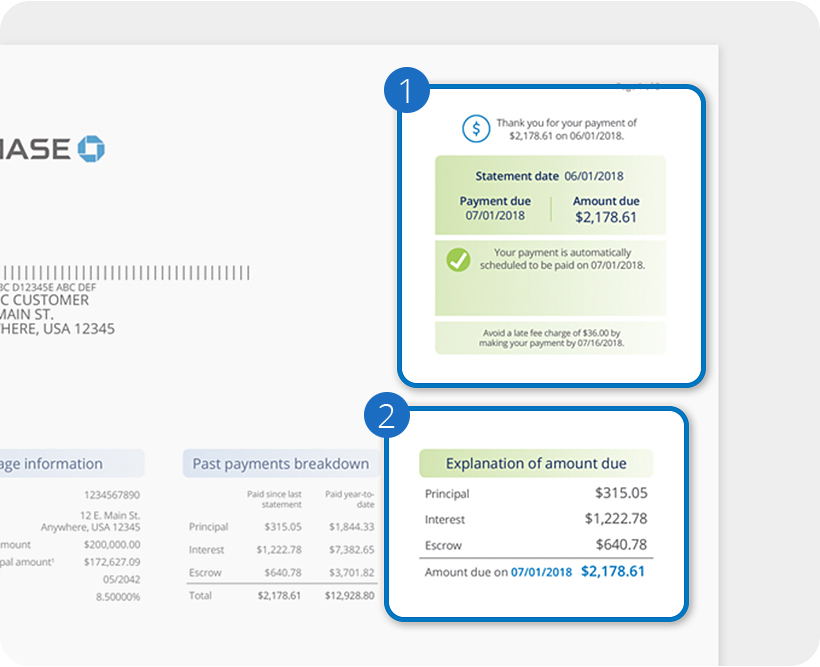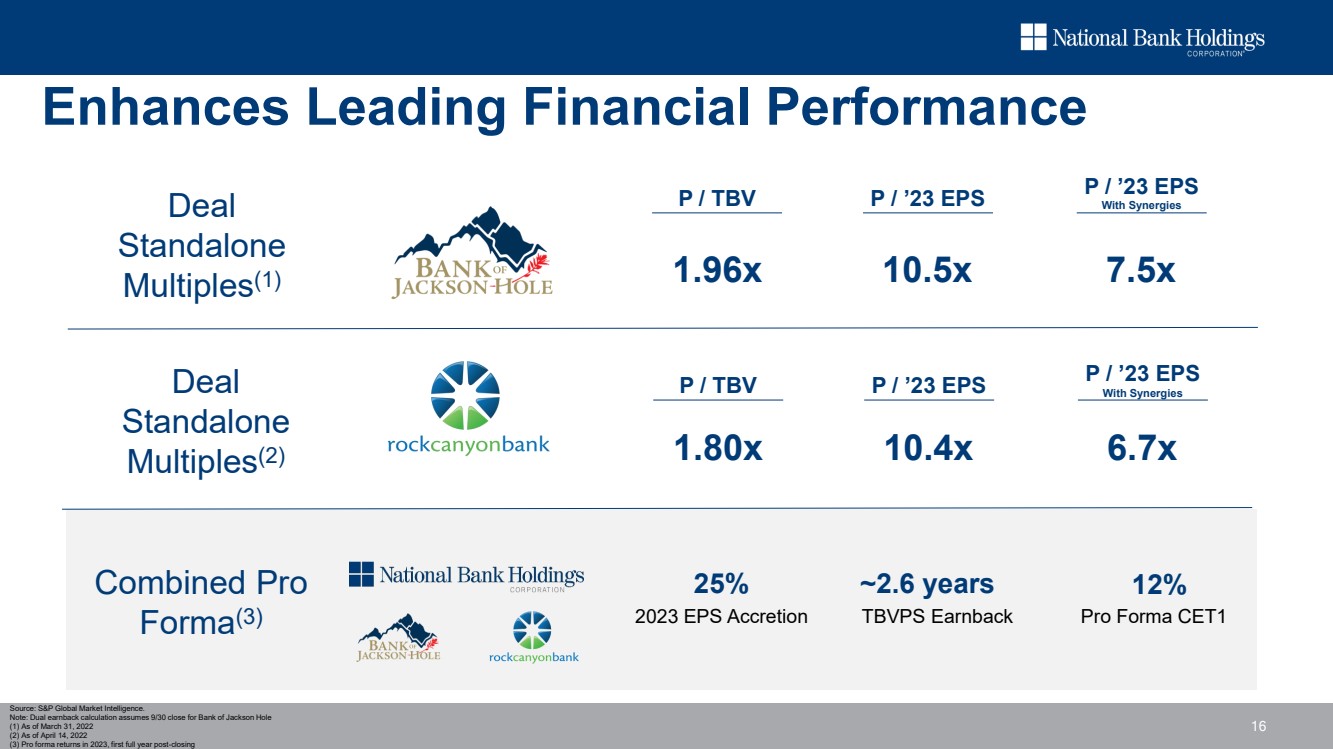Chase Mortgage Rates: What You Need To Know Before You Apply
by Ed Auer MD May 05 2025
Are you ready to embark on the exciting, yet sometimes daunting, journey of homeownership? Understanding mortgage rates is the cornerstone of a successful home-buying experience, and they are subject to constant fluctuations influenced by a complex web of economic factors.
The world of mortgages can feel like navigating a maze. Interest rates, those seemingly small percentages, hold immense power, shaping your monthly payments and the total cost of your home over the life of your loan. It is therefore essential to know how the interest rate is determined.
| Aspect | Details | Relevance |
|---|---|---|
| Interest Rate Definition | The cost of borrowing money, expressed as a percentage of the loan amount. | Directly impacts monthly mortgage payments and total interest paid. |
| How Interest Rates Are Determined |
| Understanding these factors helps anticipate rate changes. |
| Impact on Mortgage Rate |
| Shapes the affordability of the home and your overall budget. |
| Rate Adjustments |
| Requires continuous monitoring and awareness. |
For further insights into the intricacies of mortgage rates, consult the Federal Reserve's website, a trusted source of economic information: https://www.federalreserve.gov/
It's time to delve into the specifics of how these rates function in the real world. Once the introductory period is over, your mortgage rate will adjust every term, fluctuating with market dynamics. This means your interest could go up or down, depending on the current economic climate. If you're aiming to lower your monthly payments or take advantage of a more favorable rate environment, refinancing your mortgage might be a prudent move.
The relationship between the job market and mortgage rates is a crucial one. As unemployment rates increase, mortgage rates usually drop, offering some relief to potential homebuyers. Conversely, when the job market is strong, mortgage rates increase to match the heightened demand for housing. Additionally, the construction industry plays a role: when fewer homes are being built, mortgage rates drop, reflecting decreased demand for mortgages.
An increase in people opting to rent can similarly drive down demand for mortgages. The interplay of these factors underscores the importance of staying informed about economic trends and their potential impact on your mortgage rate.
When you start your homebuying journey, its important to understand what an interest rate is, how it's determined, and how it can affect your mortgage rate. By entering your zip code on a lender's website, you can access current mortgage rates based on where you'd like to buy a home. Chase, for instance, has several mortgage programs, and existing customers can often take advantage of interest rate discounts. It's also worth noting that Chase offers a variety of mortgage options, including jumbo, FHA, VA, and Dreamaker mortgages.
For those considering a Chase mortgage, its essential to review the available programs and understand the specific terms and conditions. Keep in mind that your rate will depend on many financial factors, including your credit score, the loan amount, and the type of mortgage you choose. Chase's Dreamaker mortgage program, for example, allows qualified borrowers to put down as little as 3%.
It's prudent to also consider the various types of loans available. Conventional loans, FHA loans, and VA loans each have their own advantages and disadvantages. Standard agency loans offer down payment options as low as 3% that can come entirely from gift funds. For those who qualify, VA loans, backed by the Department of Veterans Affairs, provide competitive rates and flexible finance terms. Chase also offers jumbo loans, another type of conventional loan, which come in amounts that exceed the conforming loan limits.
When exploring Chase's mortgage options, pay close attention to the annual percentage rate (APR), which represents the cost of credit over the term of the loan, expressed as an annual rate. The APR shown includes the interest rate, any points, and mortgage insurance for FHA loans. Make sure to consider this figure, along with the interest rate, when comparing different loan offers.
If you're considering a mortgage rate lock, be aware that there could be fees if you adjust or extend the lock period. If your mortgage doesnt close within the lock period, you can discuss extending the mortgage rate lock with your lender. If the interest rate has remained unchanged or dropped, this extension may be free. However, if the interest rate has risen, you may need to pay a fee.
Keep in mind that your actual monthly payments could be higher than the initial estimate, as they include an estimate of your property taxes and insurance. If your down payment is less than 20%, you'll need to pay for private mortgage insurance (PMI). This factor can significantly impact your monthly expenses.
When assessing mortgage rates, it's also wise to consider SOFR (Secured Overnight Financing Rate). SOFR will likely serve as a benchmark indicator that represents whether mortgage rates are headed in an upward or downward direction. From a high level, inflation and the overall state of the economy have the biggest impact on mortgage interest rates.
The financial landscape is ever-changing, and as we mentioned, interest rates are unpredictable. Sure, they can go down after you lock, but they can also go up. Locking a rate protects you from a rate increase, which could impact your monthly payments and overall budget. Locking at a lower rate could also save you money over the life of your loan.
For a comprehensive understanding of your mortgage payment, consider a breakdown that includes principal and interest, private mortgage insurance, property taxes, and homeowners insurance. This will give you a clear picture of your total monthly expenses.
In addition to Chase, it's wise to compare offers across several different mortgage lenders. Consider all factors, including the interest rate, closing costs, and loan terms. Researching and comparing options will enable you to make an informed decision and secure the best possible mortgage for your needs.



Detail Author:
- Name : Ed Auer MD
- Username : dell.hansen
- Email : stamm.norma@hotmail.com
- Birthdate : 1996-06-24
- Address : 97233 Kassulke Street Apt. 870 West Elna, OR 67575-1345
- Phone : +1 (765) 815-2833
- Company : Kshlerin-Schuster
- Job : Clinical School Psychologist
- Bio : Aut consequatur ipsum et pariatur unde harum commodi. Aut maxime et dolor non enim. Sed aut in numquam dolorem vero.
Socials
instagram:
- url : https://instagram.com/darrel_kling
- username : darrel_kling
- bio : Eius nisi vel et quibusdam et. Rerum qui quaerat qui neque qui. Sit unde id eligendi id.
- followers : 2044
- following : 1874
linkedin:
- url : https://linkedin.com/in/darrel.kling
- username : darrel.kling
- bio : Rerum fugit ex sint quia placeat explicabo.
- followers : 3984
- following : 776
facebook:
- url : https://facebook.com/darrel.kling
- username : darrel.kling
- bio : Et error aut quibusdam nostrum.
- followers : 4760
- following : 2178
tiktok:
- url : https://tiktok.com/@darrelkling
- username : darrelkling
- bio : Ex dolorem facere maxime quo est ipsam.
- followers : 6841
- following : 1727